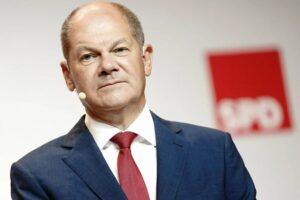
German Chancellor Olaf Scholz promised that EU countries would impose new sanctions on Russia.
“In the coming days, we will take new measures,” he said on Sunday in Berlin.
According to him, the Russian president and those who support him will “feel the consequences” of these sanctions.
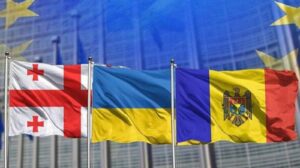
Chairman of the Verkhovna Rada of Ukraine Ruslan Stefanchuk is disappointed with the positions of Moldova and Georgia on neutrality in the issue of imposing sanctions against the Russian Federation. “I once thought that what unites Ukraine most of all with Georgia and Moldova is that our countries are territorially “bitten” by the Russian Federation. But today’s position of official Tbilisi and Chisinau regarding their neutrality in imposing sanctions against Russia has disappointed me,” Stefanchuk wrote. He stressed that friends are known in trouble, “but it’s good that our peoples have a different opinion.”
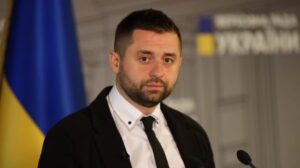
The Russian side at the talks with Ukraine agreed that the referendum is the only way out in the process of recognizing the country’s neutral status, David Arakhamia, head of the Ukrainian delegation at the talks, said during a telethon on Ukrainian television on Saturday.
“The Russian side agreed that this would be the only way out of this situation,” he said.
Answering the question what will happen if the transition to a neutral status is not supported by the people of Ukraine, Arakhamia said that “the treaty will then not have legal force, and we will either return to a state of war, perhaps, or return to new negotiations.”
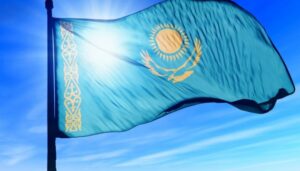
Kazakhstan will not be a tool to circumvent US and EU sanctions against Russia, Timur Suleimenov, First Deputy Head of the Presidential Administration of Kazakhstan, said.
In an interview with Euractiv, he called the purpose of his visit to the EU “to demonstrate to our European partners that Kazakhstan will not be a tool to circumvent sanctions against Russia by the US and the EU.”
“We will comply with the sanctions. Despite the fact that we are part of an economic union with Russia, Belarus and other countries, we are also part of the international community. Therefore, the last thing we want is for Kazakhstan to be subject to secondary US and EU sanctions,” he stressed. Suleimenov.
“We will do our best to control the sanctioned goods. We will do our best to control any investment in Kazakhstan by individuals or organizations that are under sanctions, and this is what we wanted to openly convey to the Europeans,” he said.
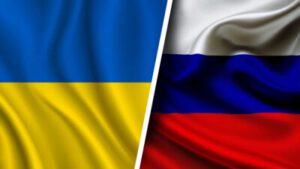
Negotiations with the Russian delegation in an online format will resume on April 1, said the head of the Ukrainian delegation at the talks with the Russian Federation, David Arakhamia.
“At the talks in Turkey, we also announced that a meeting of the leaders of the two states was now required. The Russian delegation replied that first we need to have a more coordinated draft treaty. In a week we will work out what depends on the participants in the negotiation process,” he wrote in his telegram channel.
At the same time, Akharamiya expressed the assumption that after that the presidents of the countries would meet. At the same time, according to him, Ukraine insists that such a meeting take place not on the territory of Russia or Belarus.
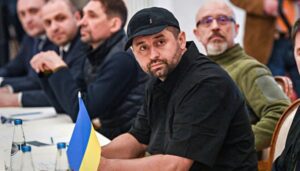
The head of the Ukrainian delegation at the talks with the Russian Federation, David Arakhamia, considers the role of the Russian oligarch Roman Abramovich in this process to be positive, since he initially acted as an “unofficial channel of communication.”
“In fact, to be honest, he plays a very positive role. But I don’t understand why he began to play a public role. Because from the very beginning he had such a role that in negotiations it is called back channel, that is, an additional communication channel, unofficial , which helps to say some complex things in normal human language, and not in diplomatic – what they cannot say officially. Then, thanks to the international press, this hidden channel became known to the whole world in fact. As far as I understand the position, it is no longer hidden and is no longer a back channel, but is another face in the negotiations,” he said in an interview on the air of the national telethon.
Arakhamia believes that Abramovich is trying to position himself as a neutral party in the negotiation process.
“Although we do not perceive it as a neutral side. But, we can say that it is, of course, more neutral than the official side of the negotiations,” the head of the Ukrainian delegation added.